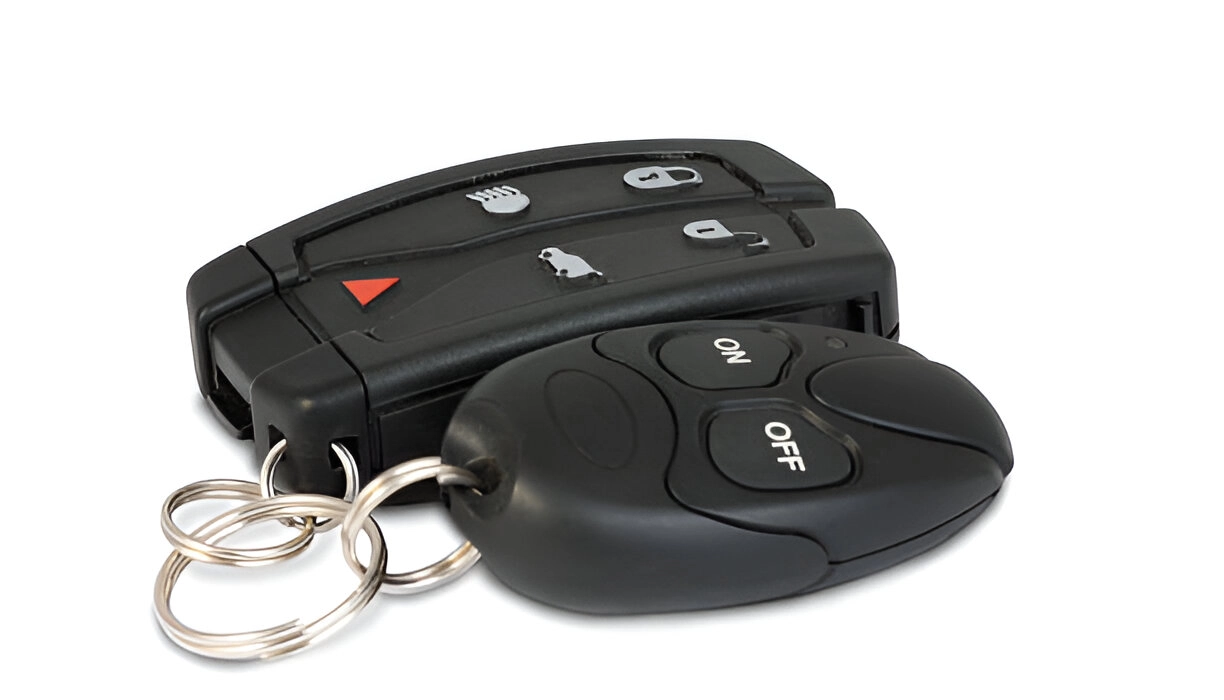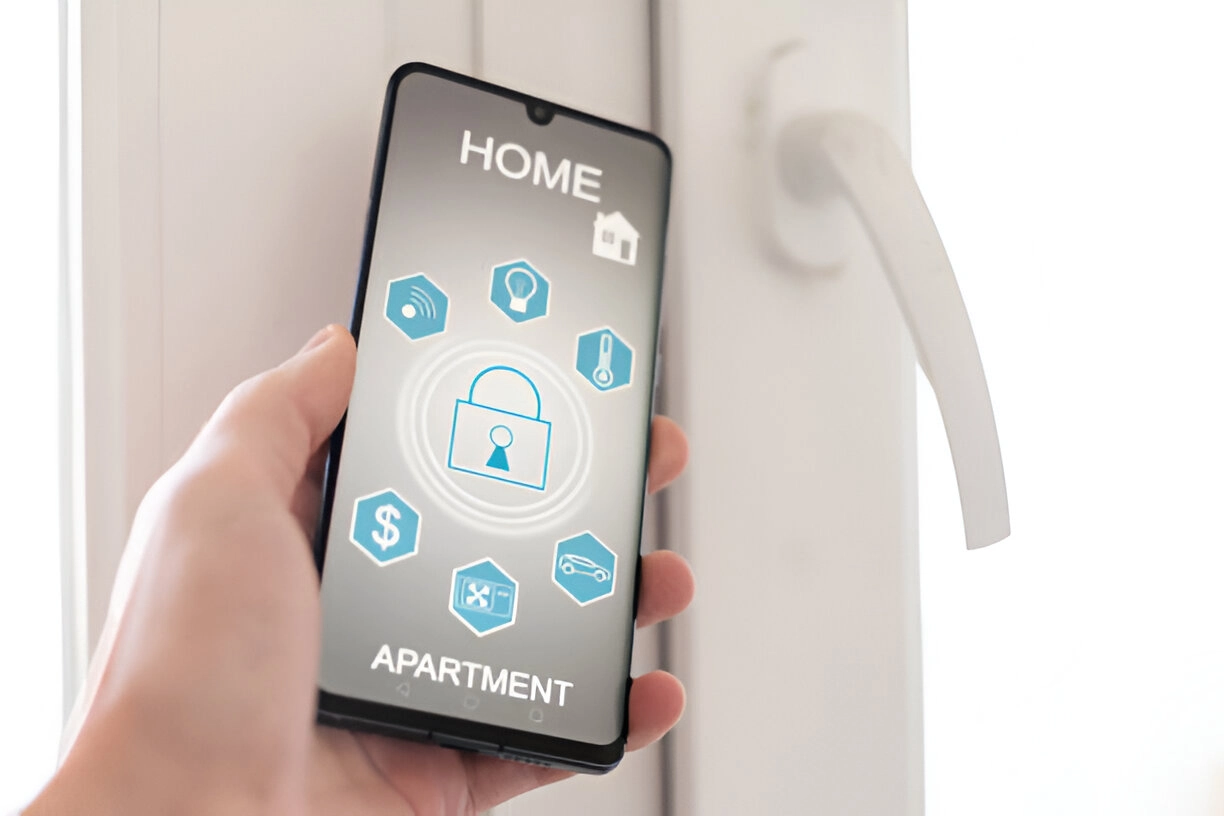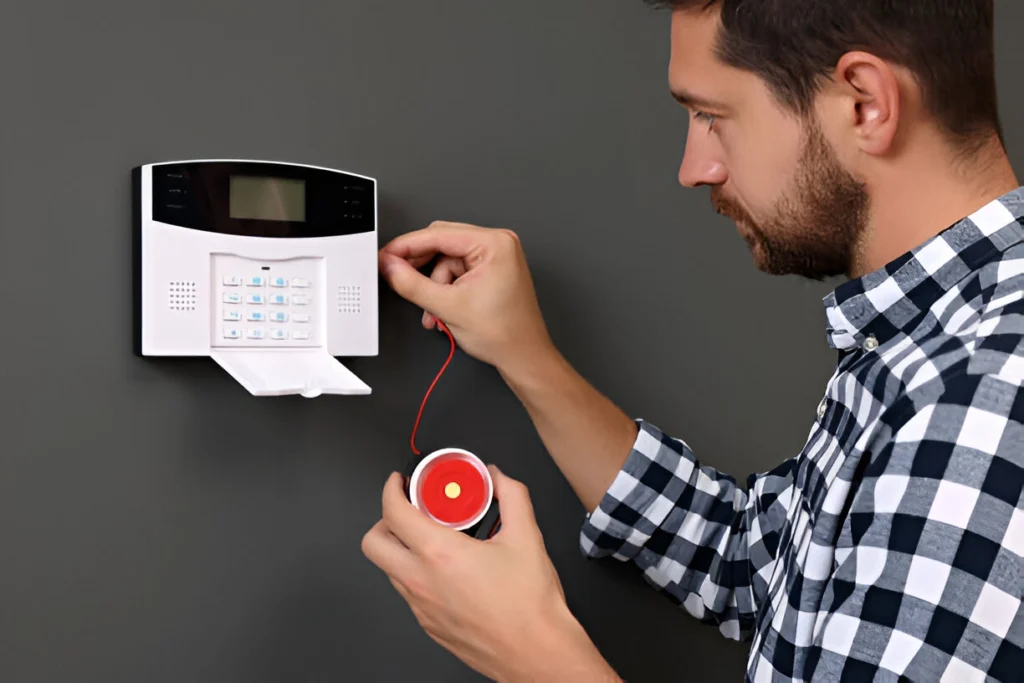One of the essentials of owning or managing any business premises is security. Whatever the business premises, shop, warehouse, office building, or factory, protection of valuable stocks and safety of employees is of top importance. Of all available solutions, a hard-wired burglar alarm system should be at the top due to its excellent performance, long-term dependability, and superior deterrent capability.
We will be discussing what is involved with wired burglar alarm systems, why they are perfect for business premises, as well as what you need to take into consideration before having one installed within your business premises.
A Wired Burglar System is a?
A hard-wiring burglar alarm system is an installation where each of its alarm devices, control panels, as well as sensors is connected with real cabling. Although the wireless systems need radio transmission for communicating messages, hard-wiring systems depend on actual electrical cable for signal transmission.
They are more dependable as they are not going to be disrupted by a signal or compromised by low voltage from dead batteries. For business locations requiring continuous protection without interruption, a hardwired system will offer a sense of security.
Hardwire alarm systems are composed of a series of parts, such as window and door sensors, motion sensors, glass break sensors, sirens, and control panels. Such parts are hardwired into a central main system for detection as well as for a burglary response.
Why Commercial Business Premises Should Choose Wired Burglar Alarm Systems
For a business environment, you need more than general protection. Companies deal with confidential information, high-value stock, as well as high-powered computer hardware. That’s why they would want hardwired systems:
Second, they are extremely secure. Wired connections provide no signal drop or disruption at all, a guarantee for high-security locations such as server rooms, bank sites, or closed-access office rooms.
Second, hardwire systems can not be jammed easily. Because they are not reliant on a wireless transmission, they can not be jammed with signal disruptors. Lines for hardwire are run into walls, easily accessible for disabling or as an entry point without specialized tooling.
Third, hardwiring alarm systems is more economically prudent in the long term. Although installation costs more in advance due to cabling as well as man-hours, maintenance expenses are decreased. You will not be constantly replacing batteries or troubleshooting due to poor signal strength.
Fourth, scalability makes more sense for big premises. A few floors or departments can be adequately served with central control. Such systems are thus more suited for malls, schools, factories, or multi-unit offices.
Elements of a Hard-Wired Burglar Alarm System
A commercial hard-wired burglar alarm system consists of a series of main units operating in conjunction to identify forbidden entry and activate alarm notifications.
The control panel is the main brain of a system. It takes inputs from each sensor and makes responses like alarming or alerting a guard.
Sensors consist of door contacts, motion detectors, and glass break sensors. These are duly positioned at various locations of the premises to pick up any forced entry or abnormal movement.
Alarm sirens are both voice-and sight-based. Upon activation, they release harsh sounds as well as strobe lights as deterrents to robbers and as an alert to occupants.
User interfaces and/or keypads used to disarm or arm a system. A few of them are with PIN codes or biometric access for licensed personnel.
A backup energy source keeps the system operational in case of energy failures. This is especially significant for installations where vigilance is an ongoing necessity.
Installation Process and Argumentation
The installation of a hard-wired business premises burglar alarm is a comprehensive activity that involves planning, professionalism, as well as customization. Pay particular attention to the following salient steps as well as considerations:
A comprehensive site survey should be conducted as a first step. Security specialists identify vulnerable points of entry, blind spots, and high-value targets to know where to deploy sensors and devices.
The cabling should be perfectly planned before installing, as it is a vital cable running within walls, ceilings, and potentially underground conduits. Proper planning avoids disruption as well as keeps a sense of aesthetic cohesion.
The professional installation is highly advisable. Although DIY systems should be installed by properly trained technicians for code compliance, as well as for proper system integration.
System verification after installation is a necessity. Every sensor, as well as each alarm mechanism, should be in proper function, and workers should be trained on operating the alarm interface.
Maintenance planning is no less significant. Although hard-cabled systems have fewer maintenance sessions, frequent inspections guarantee that cables are in place as well as sensors function correctly.

Major Business Premise: Advantages of Hard-Wiring Burglar Alarms
The biggest advantage is reliability. Wired systems are not subject to loss of batteries or disruption of Wi-Fi. Businesses can count on constant use 24/7.
Long-term savings apply as well. Because no replacement of batteries or maintenance upgrade of radio signal is ever required, connected systems get progressively more economical with time spent in each home.
Another point of strength is integration. It is easy to integrate a cable alarm system with more building systems like CCTV, fire alarm, or a centralized access control for a unified protection network.
Their litigation and insurance value, however, is outstanding. Even insurance organizations provide premium reductions for hard-wired alarm-equipped houses with certification. City levies can be imposed as well for hard installations of high-risk locations like labs or data centers.
Issues and Remedies
Although they offer benefits, there are a few disadvantages of hardwire burglar alarm systems. The first is the installation challenge. Because it is a physical cabling installation, retrofits in an existing building can be very strenuous. Professional installers apply advanced technology to hide cabling without interfering with interiors.
The second issue is expense. Although cabled systems are costly in the beginning compared to wireless systems, it is made up with their long life as well as minimal maintenance costs.
Expansion is not easy without adequate planning. Business entities should consider expansion during design time so they can upgrade systems with ease.
Wired vs Wireless: Why Wired is Still King in Commercial Applications
The wireless systems are positively regarded because of the simplicity of installation as well as mobility. Nevertheless, hardwired systems are superior for business-grade commercial security uses. The hardwire systems consist of a tamper-proof configuration. Physical cabling is more difficult for forgers to bypass compared to jamming of wireless transmission.
They can accommodate broad coverage. For extremely large rooms, wireless device signal strength can be reduced, but cabled systems offer reliable performance for zone after zone.
Further, hardwire systems are not easily hijacked. While some wireless alarm systems can be hijacked in case they are not well encoded, hard wires provide more secure transmission lines.
Customization and Integration Opportunities
Present-day hard-wired burglar alarm systems are not standardized. Business premises can be accommodated with specially made setups.
Big premises tend to demand zone-based systems with zone-dedicated sensors, as well as dedicated controls. That is a convenience for selective arming, for example, arming a warehouse only during after-hours.
The alarm can be interconnected with fire protection appliances, so once smoke detection takes place, a high-speed urgent response triggers throughout a network.
With access control integrated, managers can track entry as well as exit. Licensed individuals alone can disarm the alarm after a stipulated time duration.
It can be done with smart detection as well. Although its fundamental system is hardwired, it can be connected with smart hubs for live alerts as well as internet control with smartphone apps.
Best Practices for Selecting a Wired Burglar Alarm System
To select an appropriate system for your business premises, you must always consider. Outline your specific requirements for security. Does your risk occur externally, internally, or both? Will you need urgent triggers or continuous vigilance? Choose scalable systems that can be expanded as your business grows. Choose systems from well-known brands with a history of reliability for commercial applications.
Ensure you obtain a professional installation. Having licensed technicians installed ensures your system is installed correctly and performs as required. Educate your staff on using the system. Each of them must be able to correctly use, arm, and disarm the alarm to eliminate false alerts.
Schedule maintenance inspections frequently. While maintenance for cable-based systems is minimal, preventive maintenance inspections can find any faults in the cable or sensor failures.

Conclusion
A hard-wiring burglar alarm system is a necessity for business premises owners who want secure, long-term, as well as long-lasting protection. From reliable functionality to high-class integration choices, hard-wiring burglar alarm systems provides high-class protection not only from burglary but from unauthorized entry as well.
Though installation is a little more expensive upfront, the strength, minimal maintenance requirements, and efficiency make it a superior business decision. If you are guarding sensitive business intelligence, high-cost inventory, or your workers’ safety, a carefully considered wire-bound alarm system keeps you one step closer to perils.
If you wish to guarantee your business with a secure method, you should pay a professional for a consultation today so as to create a secure wired burglar alarm system for your business requirements.


